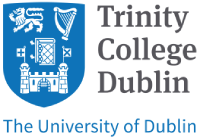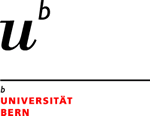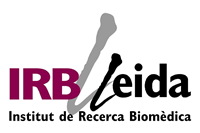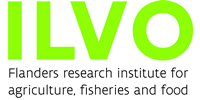Hens without fractures lay more, bigger eggs, and consume less food and water. An outbreak of feather pecking can result in a 5% increase in mortality rates, which could result in 20 million hens dying prematurely due to feather pecking in the EU annually. It is clear, therefore, that improved welfare can lead to improved productivity.
Chronic stress is at the core of many of the challenges outlined. It is therefore crucial to understand how hens respond to stress, and to devise strategies to reduce chronic stress in laying hens. However, chronic stress is not easy to detect and quantify, because it is essentially an internal response. We should be able to measure such an internal response in the animals’ brains.
The ChickenStress consortium aims to understand how the stress response is regulated in the avian brain and to minimize chronic stress by investigating the three main contributors to variation in the stress response: genetic variability, early-life environment, and current environment.
By understanding the impacts of these factors, we will be able to produce more stress resilient birds in higher welfare housing conditions, and thereby enhance animal welfare and productivity.
We are currently hiring 14 Early Stage Researchers (PhD students) across the entire consortium to help us achieve these aims. We will provide a distinctive multi-disciplinary training environment which will prepare the PhD students for careers in academia, policy making, or industry. Projects range from comparative neuroanatomy and neurophysiology through genomics and epigenetics of stress regulation to applied animal behaviour. Studentships are open to applicants of all nationalities. Salary will vary from country to country and institution to institution.
More details about each of the PhD projects and how to apply for them can be found on the website: www.ncl.ac.uk/cbe/chickenstress.
Deadline: 15 May 2019

 Continue with Facebook
Continue with Facebook













